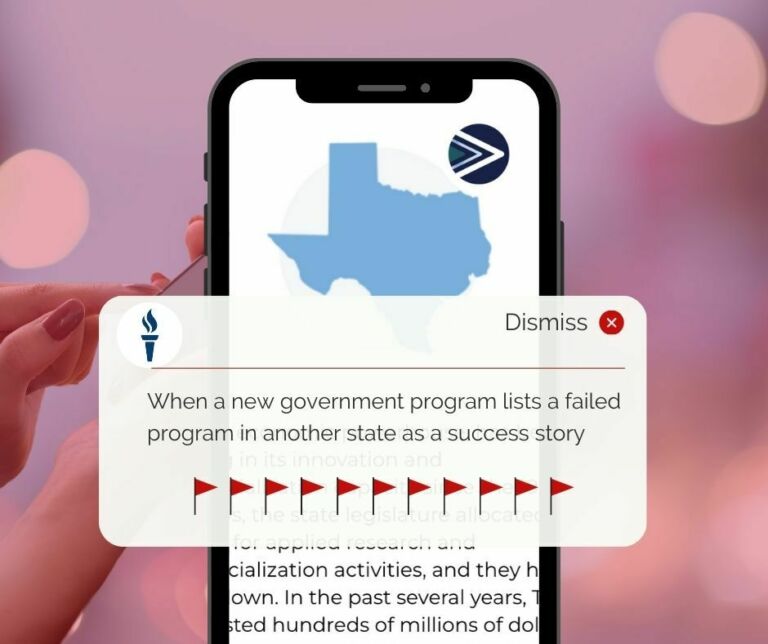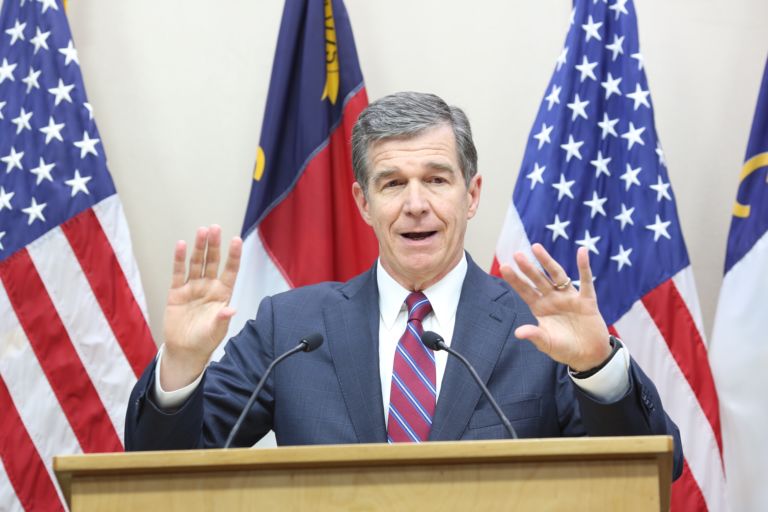- House Bill 755, which passed the House and awaits action in the Senate, would require public school teachers in North Carolina to post outlines of lesson plans and assignments to publicly accessible websites after the conclusion of each school year
- Academic transparency is one way to guarantee that teachers adhere to the Code of Ethics for North Carolina Educators, which requires that they do not “proselytize for personal viewpoints that are outside the scope of professional practice”
- Teachers have an ethical obligation to separate their personal views from their professional responsibilities, particularly when discussing issues as contentious as the conflict in the Middle East
House Bill 755: Academic Transparency passed the North Carolina House two weeks ago, making it eligible for consideration in the Senate this session. Representatives Hugh Blackwell, John Torbett, Jon Hardister, and Jeffrey Elmore crafted a common-sense bill that would require teachers to post outlines of lesson plans and assignments to publicly accessible websites after the conclusion of the school year.
As I explained in a previous article, the requirement is necessary due to the haphazard nature of classroom instruction in North Carolina. The State Board of Education imposes standards, but not specific curricula, on public schools. This leads to unimaginable variations in what educators teach and how they teach it. Such an arrangement limits opportunities for parental involvement and opens the door for mischief. Most importantly, it leads to concerning academic disparities from one classroom to the next.
The North Carolina Association of Educators (NCAE) took time out of their bizarre five-month, 100-county RV tour of North Carolina in order to proclaim that H.B. 755 is a form of “teacher abuse.” They mobilized members and supporters to send Senators around 3,400 form letters that exaggerated the requirements in the bill and accused lawmakers of trying to “bully and undermine our professionalism.” NCAE and other opponents of the legislation also complained the bill would place an unnecessary burden on teachers. Yet most school administrators already require educators to use unit and lesson plans to guide daily instruction. Teachers could upload these documents, which unquestionably satisfy the requirements of the legislation, with minimal effort.
Just as the debate over the law died down over the last few weeks, we got another reminder of its necessity.
This weekend, teachers flocked to the 43,000-member North Carolina Teachers United Facebook page to bully pro-Israel voices responding to a list of pro-Palestinian and anti-Israeli resources posted by a Forsyth County teacher. Administrators removed her post, but a related one appeared soon after. It led to an outpouring of sentiment ranging from thoughtful observations to casual antisemitism.
The following is a sample drawn from the 300+ posts from the North Carolina Teachers United thread:
- Just came here to say Free Palestine and being anti-Israeli government/genocide/occupation does not equate to antisemitism. Thanks so much.
- Anti-Zionism == Anti-semitism [sic]. Israel is an apartheid state committing genocide against the Palestinian people.
- For an educator, you’re very uneducated on this subject. Israel is, and has been, outright slaughtering Palestinians; stealing their land, homes, crops, and water; denying them access to roads and medical care; and blatantly, aggressively denying their right to exist, their right to their own land, their right to their own governing body, and their right to life. What’s one sided is the propaganda machine which convinces folks to call it antisemitism when people take the side of the oppressed rather than the side of the colonizers and murders. It’s you who should be keeping your radically right-wing, inhumane, hateful diatribe off a group where educators are learning from each other and seeing world events through a compassionate lens.
- Gaza is essential [sic] annopen [sic] air prison and Israel is an apartheid state with Israel systematically attempting to ethnically cleanse palestinians [sic] from their homes.
Of course, teachers can write that Israelis are “colonizers and murders” in their spare time, even as I can contend that the facts do not reinforce that belief. Prince Harry may think that the First Amendment is “bonkers,” but liberty does not exist without the freedom of expression.
But when it comes to their employment as professionals in North Carolina public schools, the Code of Ethics for North Carolina Educators requires teachers to acknowledge “the diverse views of students, parents and legal guardians, and colleagues” and demands that they do not “proselytize for personal viewpoints that are outside the scope of professional practice.” This means that teachers are obligated to separate their personal views from their professional responsibilities, particularly when discussing issues as contentious as the conflict in the Middle East.
An academic transparency requirement is one way to verify that the sometimes abhorrent personal views of educators do not spill over into classroom instruction. Thankfully, many teachers are professionals who leave their personal opinions at the schoolhouse door. After all, there are plenty of opportunities to express one’s views on Twitter and pages such as North Carolina Teachers United. For those who can’t resist filling young minds with their personal beliefs, academic transparency coupled with vigilant parents monitoring and evaluating their child’s daily activities may function as a deterrent.
But despite its importance, there is no guarantee that H.B. 755 will become law. Like many pieces of legislation that made the “crossover” deadline, the bill awaits action in the Senate. In April, Senator Chuck Edwards proposed Senate Bill 700: Balanced Political Discussions in the Classroom, which included an academic transparency component. Hopefully, it means that Sen. Edwards will lead efforts to secure passage of the House bill in the Senate.


